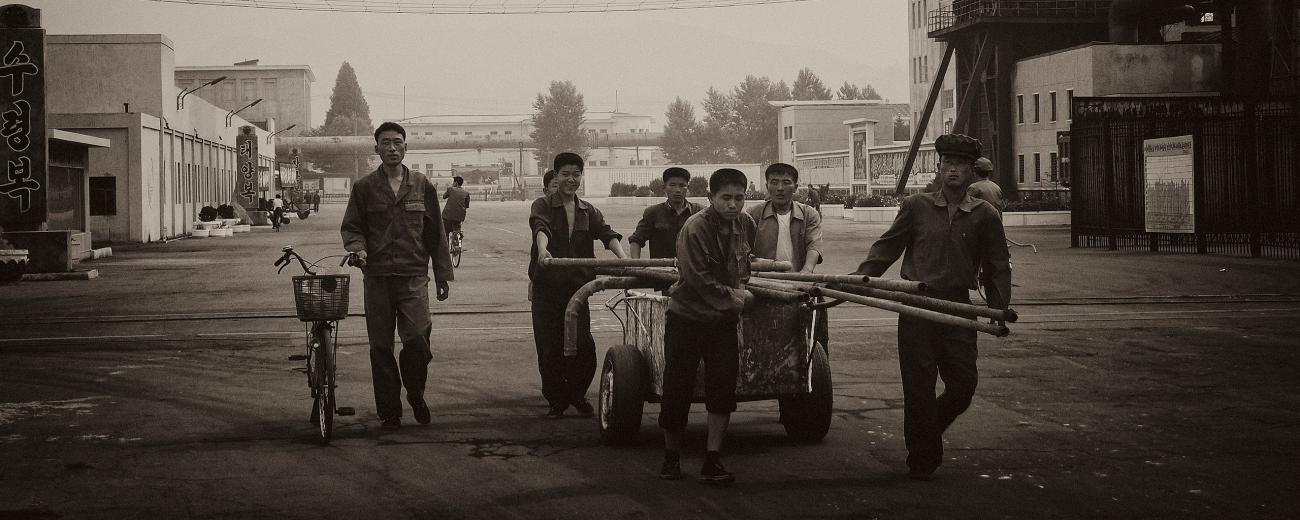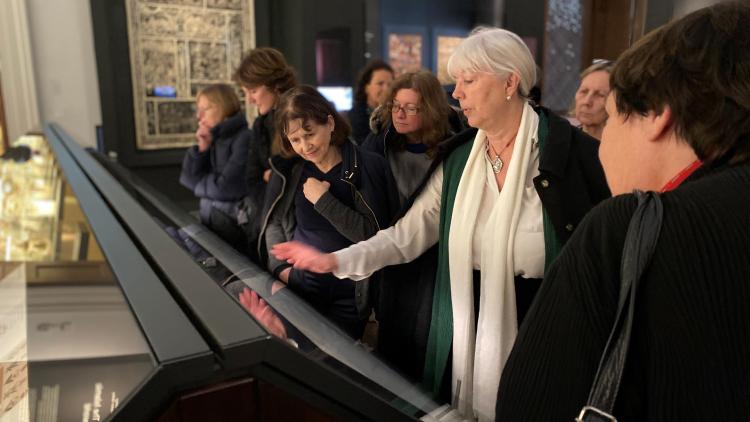Chemical Capital: The life and times of a North Korean industrial town from colonial fiefdom to socialist icon


Overview
This research project examines the history of a pivotal industrial town in what is now North Korea, from its birth as an extension of Japanese capital into colonised Korea to its heyday as an icon of "socialist industrialisation" in the DPRK.
In the late 1920s the town of Hŭngnam on Korea's northeast coast rose from a quiet fishing village to become the largest and most advanced chemical complex in the Japanese empire, powered by the biggest hydroelectric dams that Japan had yet built.
The resulting monograph will offer a biography of both the town itself and the diverse people that made it, from Korean workers to Russian engineers and Japanese scientists. During each period of its history, from the late 1920s to the early 1960s, this study will consider the relations between workers and capital, the wider geopolitical context of the town's industrial development and the environmental implications for the Korean peninsula of producing nitrogen fertiliser on a huge scale.




